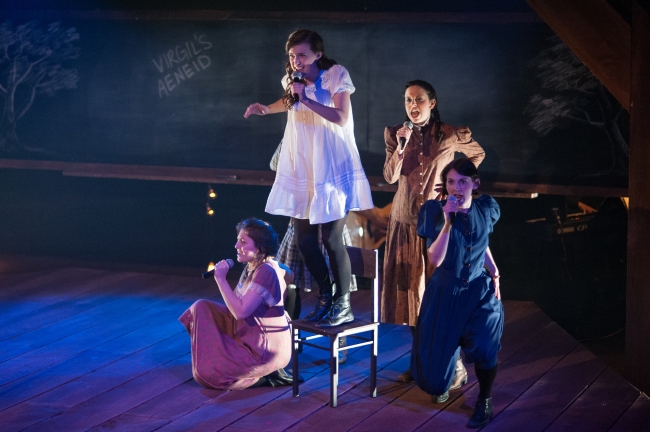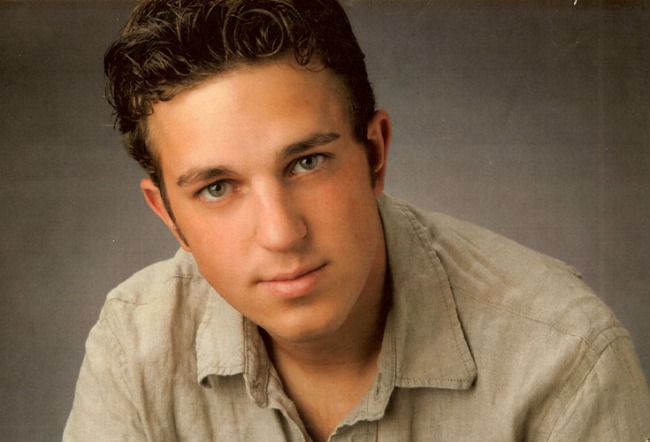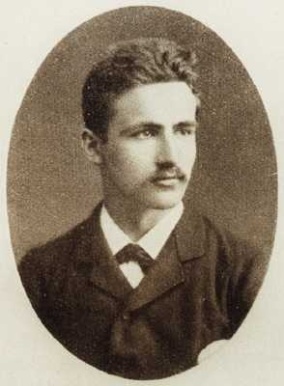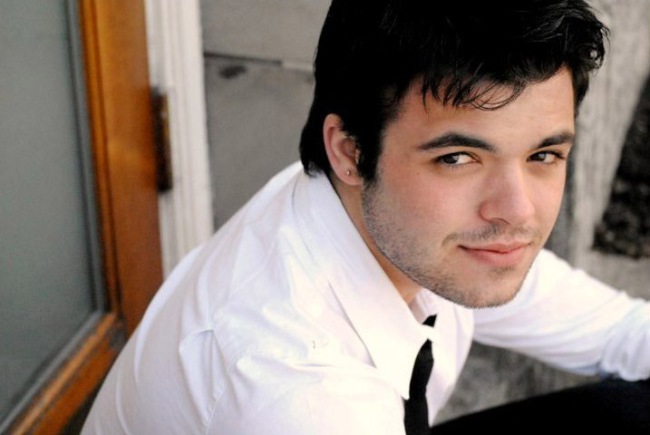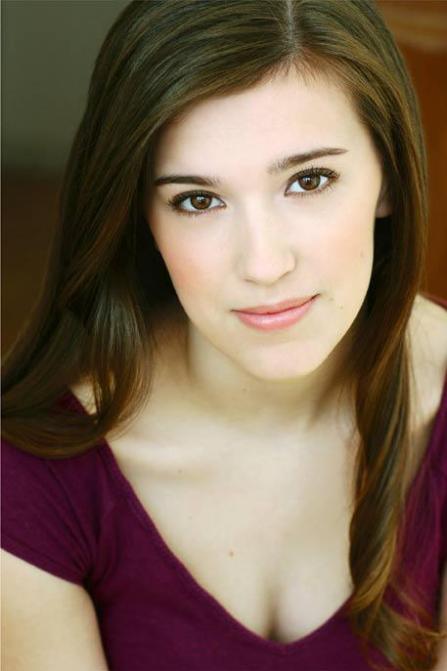Written by Bobbie Rothman, patron of Theatre Horizon
I was asked to share my perspective as a parent raising a teenager and relating my experience(s) to the themes of Spring Awakening. So, what is it like to be a parent of a teen? Well, it’s complicated… and fun and worrisome — and sometimes lonely, and did I say complicated? But, it’s always wonderful.
Spring Awakening takes place during the Victorian Era. It is a coming of age drama that deals with many taboo feelings and relationships as well as what we would consider today as normal teenage curiosity. The social norms during this period made open communication close to impossible. Adults were expected to act one way, and children were expected to emulate adults and act just like them. Young people were taught to “speak only when spoken to” and their feelings and desires and sometimes their questions were ignored and/or punished. Today, we are much more open with our feelings, our sexuality and how we communicate. This doesn’t always mean that the topics surrounding sex, the human body and its functions are comfortable to discuss with pubescent young adults, however, we know how important it is to have our kids informed of what they are doing, what they want to do and the repercussions of their actions. During the play, because of the inability to talk openly about certain topics, a young girl’s life was tragically changed (believe me, it’s incredibly tragic but I don’t want to spoil it for you!). Perhaps, had her mother just been honest and open with her when she asked — “where do babies come from?” this young girl’s life would have turned out a different way.
Pertaining to the sexual awakening aspect of Spring Awakening — I am the mother to both a son [20] and a daughter [17]. They both know that they can come to me with any questions regarding sex, and I have tried to be open about this topic too. Having said that, talking about sex with your kids is walking a tightrope — not enough information and they are uninformed and ignorant — too much information and you can make them uncomfortable. The last thing they want to picture is their parents “doing” what you are delicately trying to explain to them. One of the most important things I tried to impart to them was their right to say NO and STOP and the importance of respecting the words NO and STOP. Unlike the mother in Spring Awakening, I shared exactly how babies are conceived. I discussed birth control, sexually transmitted diseases, expectations in relationships, inappropriate touching, and a myriad of other topics that I thought were important for them to know and understand.
In Spring Awakening, independent thought and feelings apart from the social standards of the day were strongly repressed in young adults. Sometimes it bothers me that my son and daughter question rules that I set down, or question their teachers or other adults with whom they come into contact. I’ve tried to teach my children to respect adults; however, it seems that today’s teenagers consider what they have to say and what they feel just as important as what an adult has to say, or even more important in certain circumstances. I love that my kids aren’t pushovers and are independent minded because I was brought up to respect my elders in a way that never allowed me to voice my thoughts or feelings. On the other hand, as an adult, I know that tweens and teens have so much to learn from us, if they would just listen.
During the time period of Spring Awakening, it was very inappropriate to publicly show feelings for another person of the opposite sex, but even more unacceptable to show feelings for another person of the same-sex. Many people lived lives of love deprivation. I am so amazed at how a large majority of kids today are “blind” to someone’s sexual orientation. They may notice a difference, talk about the difference, but most of the time, they ask questions, accept and just move on. In Spring Awakening, homosexuality still needed to be hidden. Today, my children have friends who are openly gay to their families and friends, in their schools and at their jobs.
In conclusion, I think it’s always been complicated to raise a teenager. I do believe though, that the relationship we have with our children today allows for a comradery not allowed in the late 1800s and is also a much deeper, richer and more honest one.

